U.S. chip conglomerate Intel has recently built a new innovation center in Shenzhen, the manufacturing and technology hub in South China's Guangdong Province, as the company expands its cooperation with Chinese partners and taps into potentials of the vast Chinese market, despite the U.S. government's push for a tech decoupling.
At an opening ceremony of the Intel Greater Bay Area Innovation Center, six companies that moved into the center inked deals, and another six companies signed MoUs with Intel, according to a statement on the official WeChat account of the center. Nearly 60 partners attended the opening ceremony.
The new innovation center is located in Shenzhen's Nanshan District, and aims to serve as an innovation exchange platform jointly created by the district government and Intel.
Speaking at the opening ceremony, Wang Rui, senior vice president and chair of Intel China, said that through this innovative exchange platform, they will further leverage Intel's advantages in technologies and ecosystems, work with partners to promote the adoption of innovations that meet local needs, and promote the integration and development of emerging industries in the Greater Bay Area and across China.
The innovation center will focus on artificial intelligence (AI), chip application development, edge computing, digital development and other cutting-edge fields, according to the statement.
At present, multiple tasks of the innovation center have begun and positive progress has been made, the statement said.
Intel's latest move serves as one latest example of how the world's leading tech companies, including those from the U.S., are expanding cooperation with Chinese firms in the Chinese market, despite the U.S.' decoupling and crackdown moves in the technological field, experts said.
After the U.S. unilaterally launched a "chip war" against China, it has become evident that the impact is equally detrimental to the U.S., and more and more U.S. companies are reaching a breaking point, Ma Jihua, a Beijing-based senior industry analyst, told the Global Times on Wednesday, noting that contrary to the U.S.' intended goals, China's chip industry has not collapsed, and the country has been increasingly seeking alternatives.
"This development puts increasing pressure on U.S. companies as they fear losing opportunities in the Chinese market. If the Chinese chip industry operates independently without their participation, their losses will be even more significant," Ma explained.
Under the current framework, U.S. companies are complying with their government's restrictive rules, but at the same time, looking for a feasible way to participate in the development process of China's chip industry as much as possible, the expert said.
U.S.-based chip firm Nvidia has modified its H100 chips to comply with U.S. restrictions on advanced AI semiconductor sales to China, and another U.S. chip firm, AMD, is also mulling a similar strategy with its MI300 and older MI250 chips, Reuters reported on Tuesday.
While the U.S. government is creating uncertainty, businesses are actively seeking much-needed certainty, Ma said. The U.S. firms' moves are just some examples, and more companies from the U.S. and other countries will follow suit and increase their presence in the Chinese market, he added.











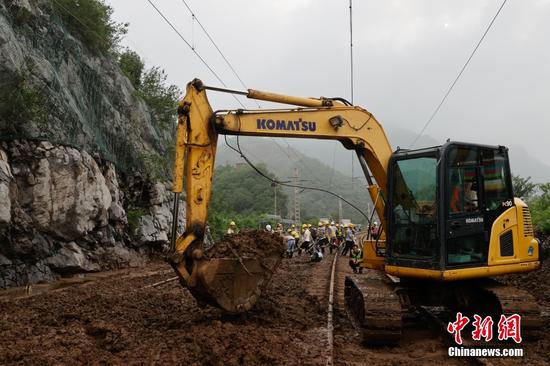





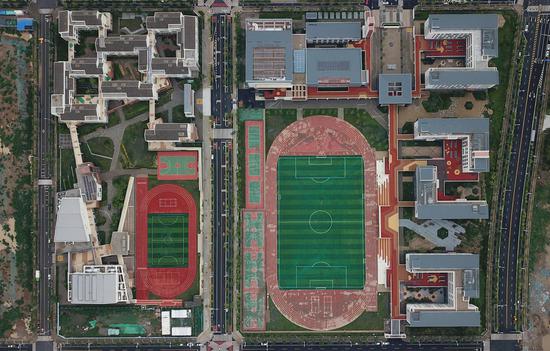











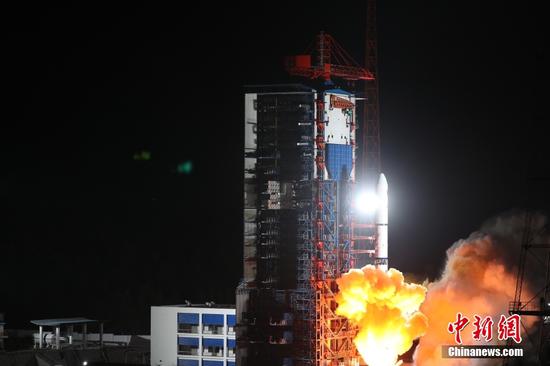

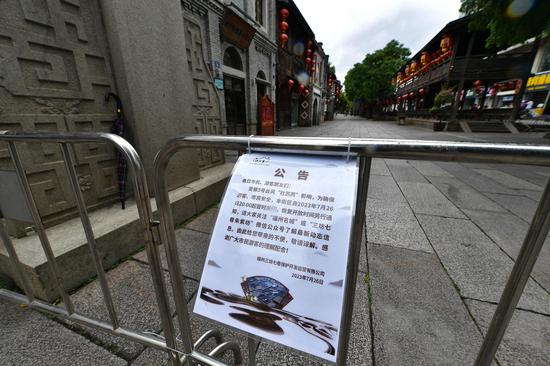


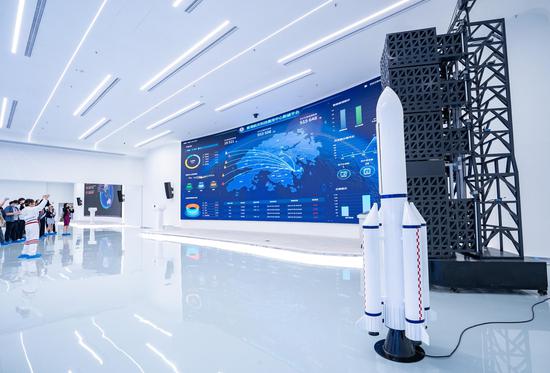
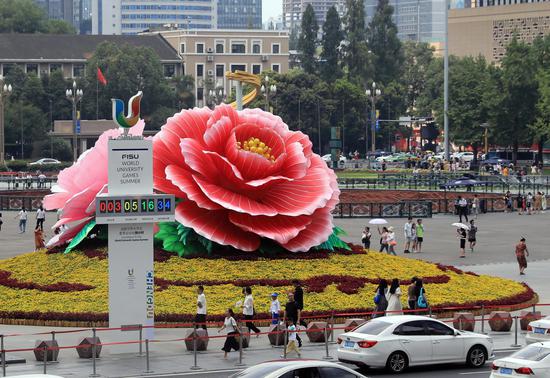
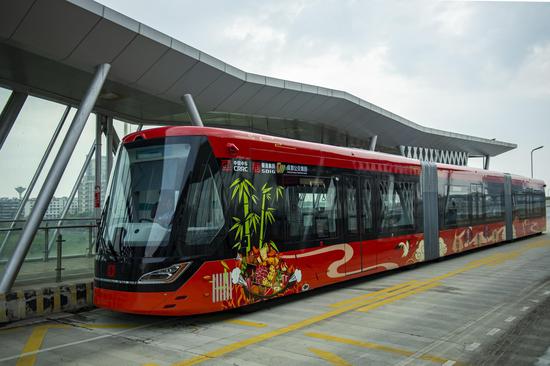
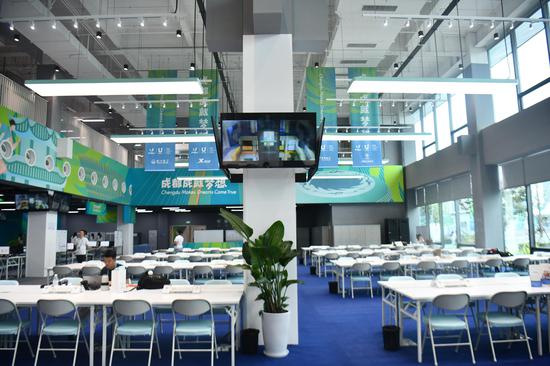






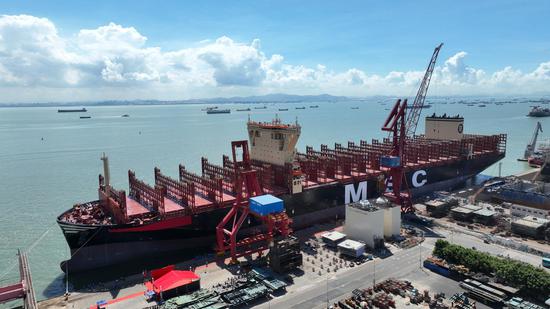





 京公网安备 11010202009201号
京公网安备 11010202009201号